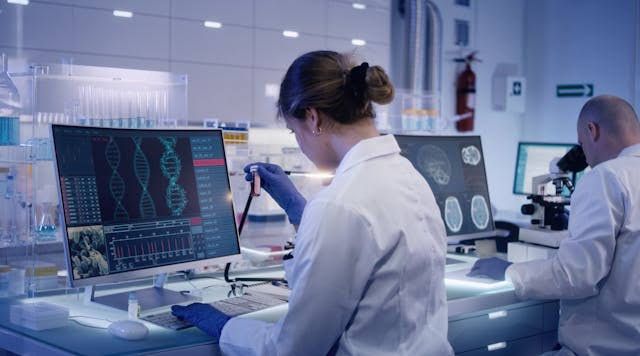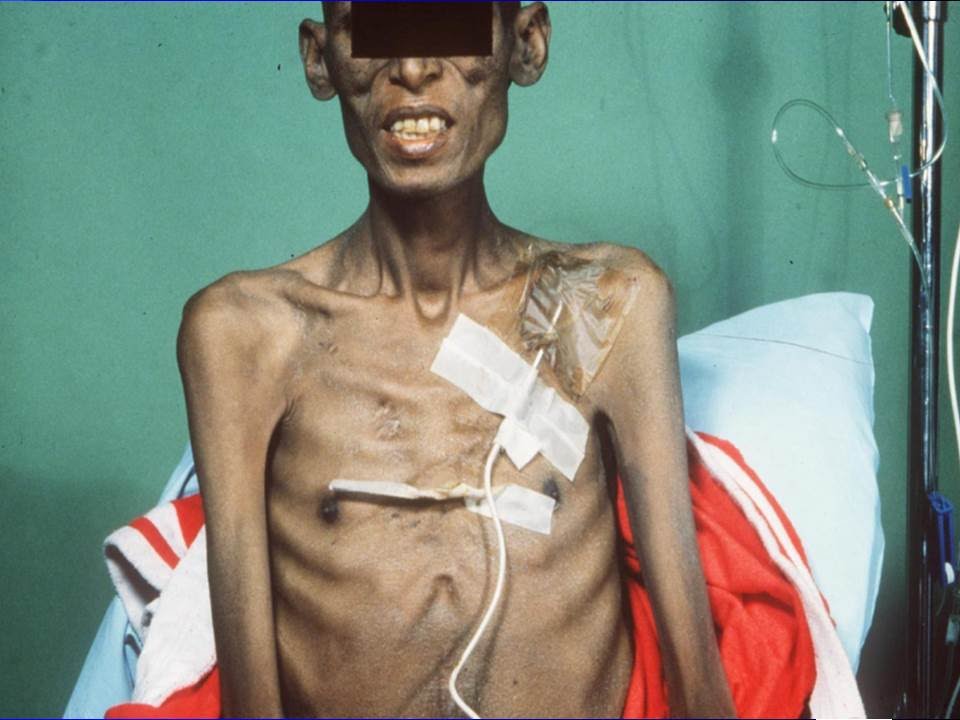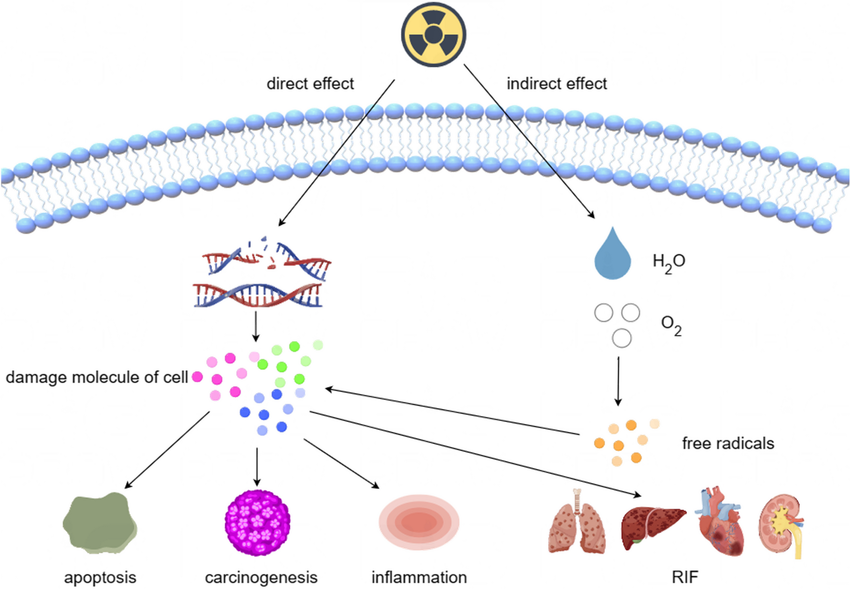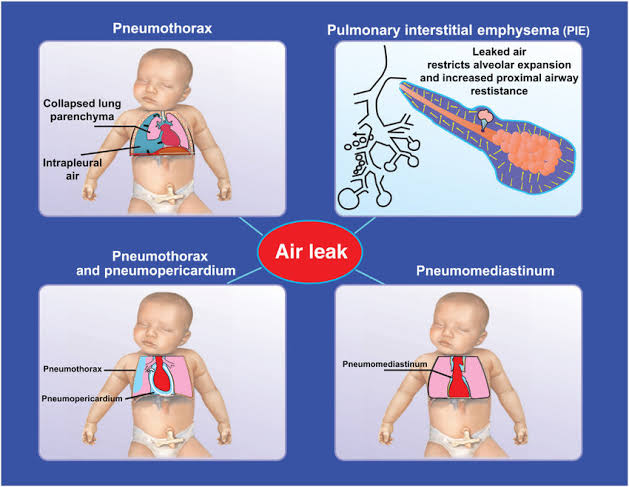
Role of Molecular Diagnosis of Genetic Diseases
Molecular diagnosis plays a crucial role in identifying genetic diseases by analyzing DNA, RNA, and proteins. It is particularly significant for detecting germline mutations, which are inherited alterations in the genome, and acquired genetic alterations, which occur during a person’s lifetime and can lead to conditions such as cancer.
Germline Mutations vs. Acquired Genetic Alterations
1. Germline Mutations
Germline mutations are heritable changes that can be passed from parents to offspring. These mutations are present in the sperm or egg cells and affect every cell in the body of the offspring. They are responsible for various hereditary conditions such as cystic fibrosis, sickle cell anemia, and certain types of cancer (e.g., BRCA1/BRCA2 mutations linked to breast and ovarian cancer). The identification of these mutations allows for early intervention, risk assessment, and informed reproductive choices.
2. Acquired Genetic Alterations
Acquired genetic alterations arise from environmental factors or random errors during cell division. These mutations are not inherited but can lead to diseases like cancer when they affect genes that regulate cell growth and division. For example, mutations in oncogenes or tumor suppressor genes can drive tumorigenesis. Molecular diagnostics enable the detection of these alterations through various techniques, facilitating targeted therapies based on specific genetic profiles.
Indications for Genetic Analysis
1. Prenatal Genetic Analysis
Prenatal genetic analysis is performed during pregnancy to assess the risk of genetic disorders in the fetus. Indications include:
- Advanced maternal age (≥35 years)
- Family history of genetic disorders
- Abnormal ultrasound findings
- Positive results from non-invasive prenatal testing (NIPT)
- Carrier screening results indicating potential risks
2. Postnatal Genetic Analysis
Postnatal genetic analysis is conducted after birth to diagnose congenital disorders or developmental delays. Indications include:
- Unexplained intellectual disability or developmental delay
- Congenital anomalies or dysmorphic features
- Family history of hereditary conditions
- Newborn screening abnormalities
3. Diagnosis and Management of Cancer
Molecular diagnostics play a pivotal role in oncology by:
- Identifying specific mutations associated with different cancers.
- Guiding treatment decisions based on molecular profiling (e.g., targeted therapies).
- Monitoring disease progression and response to therapy through liquid biopsies.
4. Infectious Disease Diagnosis
Molecular diagnostics are essential for detecting infectious agents through:
- Rapid identification of pathogens using PCR.
- Determining antibiotic resistance profiles.
- Monitoring viral load in chronic infections (e.g., HIV).
Significance of Diagnostic Tools
1. PCR Analysis
Polymerase Chain Reaction (PCR) is a powerful technique used to amplify specific DNA sequences, allowing for sensitive detection of genetic material. Its applications range from diagnosing infectious diseases to identifying germline mutations and monitoring cancer progression.
2. Southern Blotting
Southern blotting is used for detecting specific DNA sequences within a complex mixture. This technique helps identify large-scale genomic rearrangements associated with certain diseases, including deletions or duplications that may contribute to genetic disorders.
3. Fluorescence In Situ Hybridization (FISH)
FISH allows visualization of specific DNA sequences within chromosomes using fluorescent probes. It is particularly useful for detecting chromosomal abnormalities such as translocations or aneuploidies in cancer diagnostics and prenatal testing.
4. Array-Based Comparative Genomic Hybridization (aCGH)
Array-based comparative genomic hybridization enables high-resolution analysis of copy number variations across the genome. This technique is valuable for identifying submicroscopic chromosomal imbalances that may not be detectable by traditional karyotyping methods.
Conclusion
The integration of molecular diagnostic techniques has revolutionized the approach to diagnosing genetic diseases, guiding clinical management across various medical fields including prenatal care, oncology, and infectious disease management. The ongoing development and refinement of these technologies promise even greater accuracy and efficiency in future diagnostic applications.







